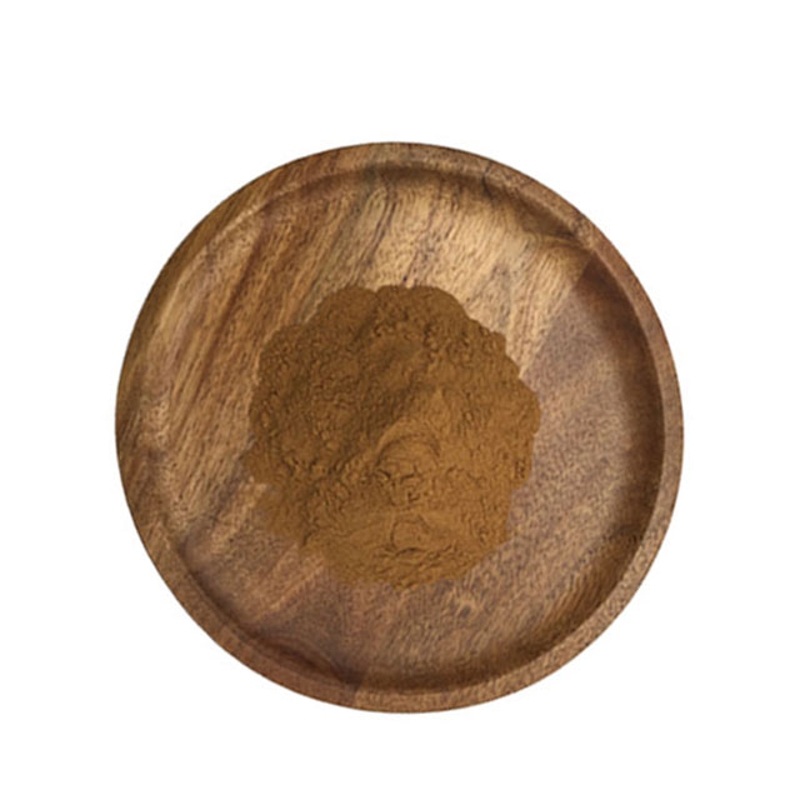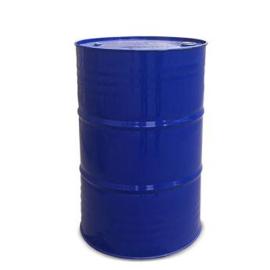Diagnosis and treatment of gastroesophageal reflux disease: 22 consensus recommendations for Asian population consensus guidelines
-
Last Update: 2021-11-05
-
Source: Internet
-
Author: User
Search more information of high quality chemicals, good prices and reliable suppliers, visit
www.echemi.com
Introduction Gastroesophageal reflux disease (GERD) is a disease in which stomach contents reflux to or outside of the esophagus, causing uncomfortable symptoms or complications
.
GERD is heterogeneous in clinical manifestations, test results, and response to treatment
.
The 2020 Seoul GERD Clinical Practice Guidelines Consensus focuses on the diagnosis and treatment of GERD in Asian populations, and it puts forward 22 statement recommendations
.
2020 Seoul Consensus: Definition and Epidemiology of Diagnosis and Treatment of GERD 1.
GERD is a disease in which stomach contents flow back into the esophagus or oral cavity, causing uncomfortable symptoms or complications
.
[Level of Evidence: Not Applicable (NA); Strength of Recommendation: NA] 2.
Non-erosive reflux disease (NERD) is a subcategory of GERD, which is characterized by the absence of esophageal mucosal damage confirmed by endoscopy, 24 Hourly dynamic pH impedance monitoring observed abnormally increased gastroesophageal reflux symptoms
.
(Level of Evidence: NA; Strength of Recommendation: NA) 3.
Reflux hypersensitivity is defined as the presence of retrosternal symptoms, including heartburn or chest pain caused by physiological reflux in the absence of an abnormal increase in gastroesophageal reflux
.
(Level of Evidence: NA; Strength of Recommendation: NA) 4.
Functional heartburn is defined as burning-like post-sternal discomfort or pain in the absence of GERD, and acid suppression treatment is ineffective
.
(Level of Evidence: NA; Strength of Recommendation: NA) 5.
Refractory GERD is defined as no improvement in symptoms after administration of standard doses of acid inhibitors for ≥8 weeks
.
(Level of Evidence: NA; Strength of Recommendation: NA) 6.
GERD can cause various extra-esophageal symptoms, such as cough, asthma, hoarseness, or non-cardiac chest pain (NCCP)
.
Extra-esophageal GERD symptoms may or may not be accompanied by typical GERD symptoms
.
(Level of Evidence: NA; Strength of Recommendation: NA) 7.
The prevalence of GERD in Asian countries is increasing
.
(Level of Evidence: Moderate; Strength of Recommendation: NA) Diagnosis of GERD 8.
A symptom-based diagnostic questionnaire is helpful for accurate diagnosis of GERD
.
(Level of Evidence: Low; Strength of Recommendation: Weak) 9.
For patients with typical GERD symptoms, a 2-week standard-dose proton pump inhibitor (PPI) test should be recommended as a sensitive and practical test for the diagnosis of GERD
.
(Level of Evidence: Moderate; Strength of Recommendation: Strong) 10.
Endoscopy with or without biopsy can be recommended for the diagnosis of GERD and exclude other organic diseases
.
(Level of evidence: very low; strength of recommendation: strong) 11.
Endoscopic monitoring is recommended for patients with long-segment Barrett's esophagus
.
(Level of evidence: very low; strength of recommendation: strong) 12.
24-hour dynamic pH impedance monitoring is suitable for patients with GERD who have failed PPI therapy
.
This test is also recommended before anti-reflux surgery
.
(Level of evidence: very low; strength of recommendation: strong) 13.
In Asian adults, esophageal acid total exposure time ≥ 4% was judged to be an abnormal result
.
(Level of Evidence: Moderate; Strength of Recommendation: Weak) 14.
Esophageal manometry can be used to assess peristaltic function and rule out other movement disorders
.
Therefore, patients with GERD should undergo esophageal manometry before anti-reflux surgery
.
(Level of Evidence: Low; Strength of Recommendation: Strong) 15.
New impedance parameters (including baseline impedance and peristaltic waves induced by swallowing after reflux) are promising for the diagnosis of GERD and improve the diagnostic rate of GERD
.
(Level of Evidence: Low; Strength of Recommendation: Weak) Treatment of GERD 16.
It is recommended that overweight patients or patients diagnosed with obesity improve the symptoms of GERD through weight loss
.
(Level of Evidence: Moderate; Strength of Recommendation: Strong) 17.
It is recommended to give a standard dose of PPI (once a day for 4-8 weeks) as the initial treatment for GERD
.
(Level of Evidence: High; Strength of Recommendation: Strong) 18.
For GERD patients whose standard-dose PPI treatment is not effective, double-dose PPI therapy may be effective
.
(Level of Evidence: Moderate; Strength of Recommendation: Weak) 19.
For the long-term management of patients with NERD or mild erosive reflux disease, the efficacy of on-demand PPI therapy is equivalent to that of continuous daily PPI therapy
.
(Level of Evidence: Moderate; Strength of Recommendation: Weak) 20.
For patients with typical GERD symptoms, PPI is recommended for the treatment of NCCP
.
(Level of Evidence: Moderate; Strength of Recommendation: Strong) 21.
For the initial treatment of GERD patients, potassium-competitive acid blockers (P-CAB) are as effective as PPI
.
(Level of Evidence: Moderate; Strength of Recommendation: Strong) 22.
Anti-reflux surgery can be recommended as an alternative to PPI maintenance therapy to improve the symptoms and quality of life of GERD patients
.
(Level of Evidence: Moderate; Strength of Recommendation: Weak) Reference: Korean Society of Neurogastroenterology and Motility.
2020 Seoul Consensus on the Diagnosis and Management of Gastroesophageal Reflux Disease[J].
J Neurogastroenterol Motil.
2021 Oct 30;27(4): 453-481.
doi: 10.
5056/jnm21077.
This article is an English version of an article which is originally in the Chinese language on echemi.com and is provided for information purposes only.
This website makes no representation or warranty of any kind, either expressed or implied, as to the accuracy, completeness ownership or reliability of
the article or any translations thereof. If you have any concerns or complaints relating to the article, please send an email, providing a detailed
description of the concern or complaint, to
service@echemi.com. A staff member will contact you within 5 working days. Once verified, infringing content
will be removed immediately.







